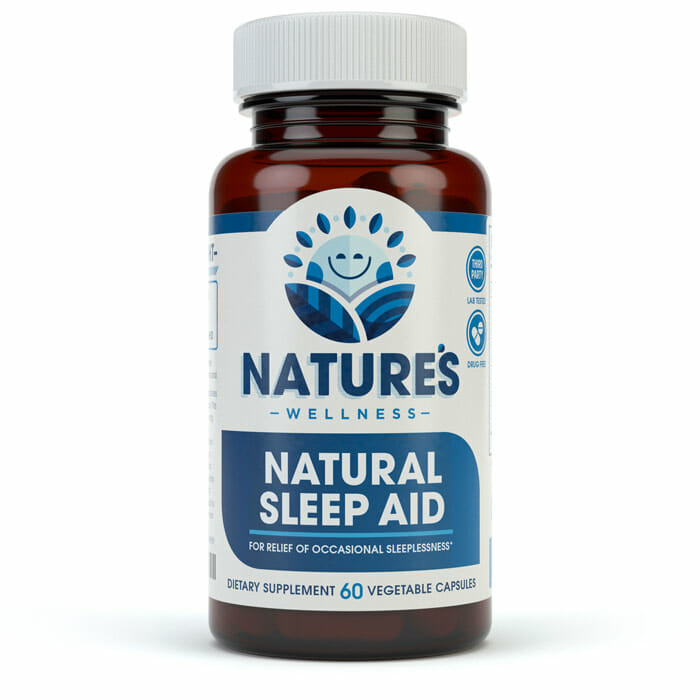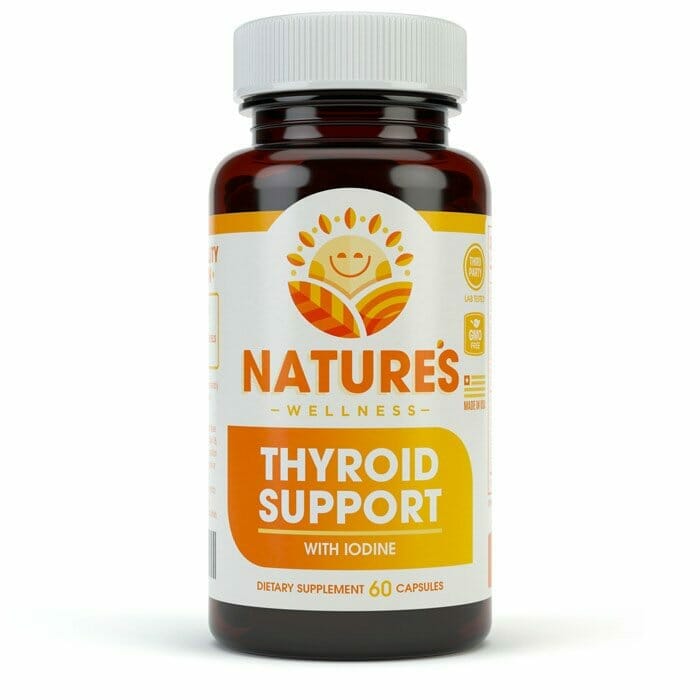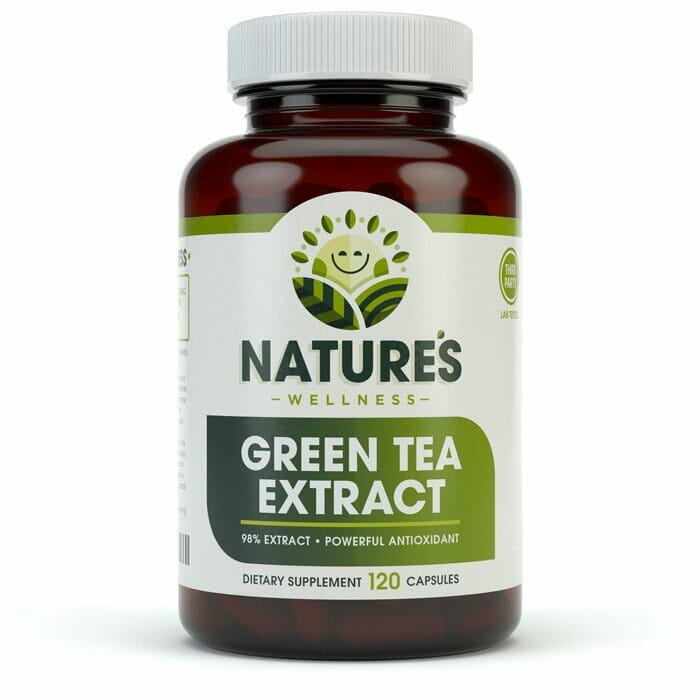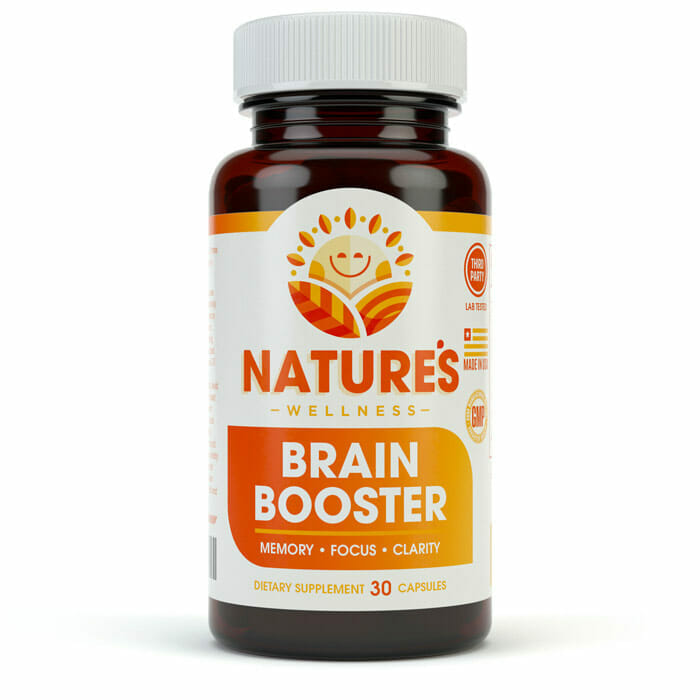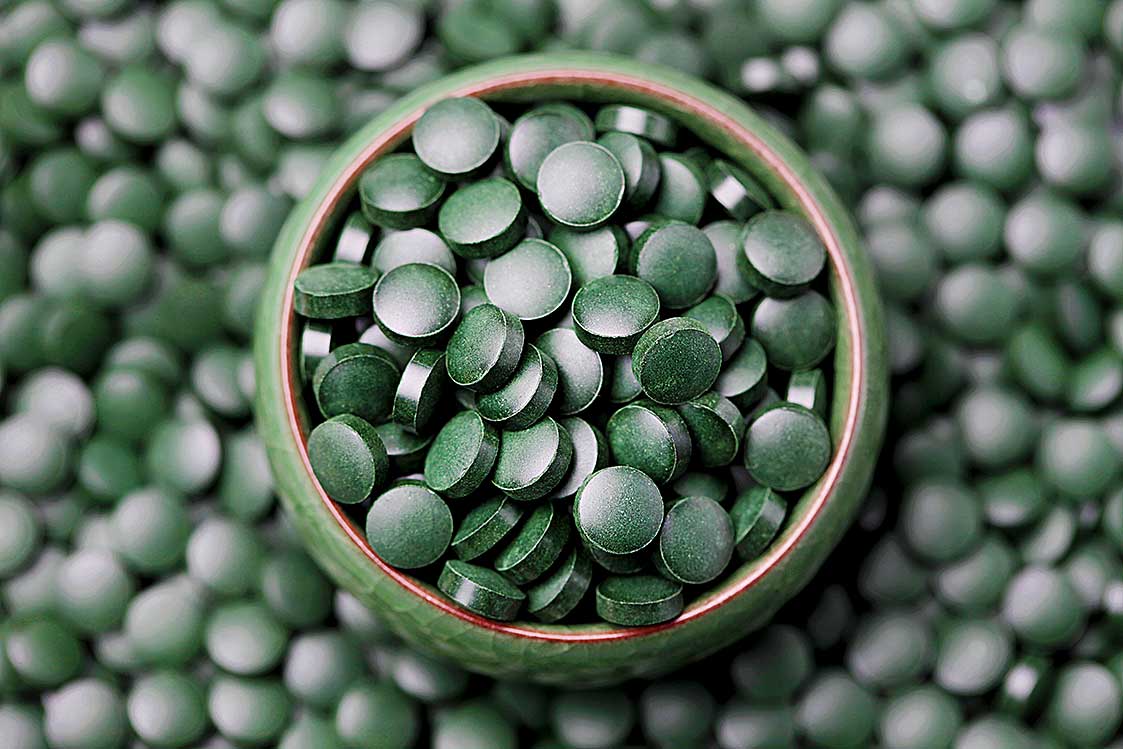
“Superfood” is a term used to describe certain foods that offer a potent megadose of nutrients. They are rich in a concentrated assortment of vitamins and minerals not found together in most other single food sources, making them unique nutritional powerhouses. By incorporating a few superfoods into your normal routine, you can experience some great short and long term health benefits.
One such superfood is spirulina, which has been referred to as “the most nutritious food on the planet” as well as nature’s richest source of protein, containing more protein per gram than meat. Our organic spirulina tablets were created to provide you with a convenient way to reap the immune-boosting and anti-inflammatory effects this superfood offers.
What is spirulina?
Spirulina is a cluster of non-toxic Arthrospira species cyanobacteria, or blue-green microalgae, that grows in water that is rich in minerals. It is most abundant in the lakes of Mexico, Africa, and South America, and often grows near volcanoes. Spirulina has been used by humans throughout history, with documented use as a food source by the Aztecs in the 16th century. Today, it is a popular dietary supplement for both humans and animals.
What makes spirulina a superfood?
Spirulina offers a robust dose of nutrition, containing some amount of nearly every nutrient we need. More specifically, it provides 4 grams of protein, 11% of the daily value for iron, and 21% of the daily value for copper per one tablespoon. It also contains several important B vitamins, an optimal ratio of omega 3 and omega 6 fatty acids, and is a source of complete protein, containing every essential amino acid. It doesn’t get much more super than that.
What health benefits does spirulina offer?
The relationship between spirulina use and health has been studied with promising results. Below are some of the areas in which spirulina has demonstrated the most benefit.
- Inflammation
Inflammation in the body is a major contributor to the development of chronic disease. The main active component of spirulina is phycocyanin, which both gives its blue-green hue and is responsible for its high antioxidant and anti-inflammatory activity.
- Cholesterol
Having high cholesterol and triglycerides is a risk factor for stroke and heart disease. Some studies have shown a relationship between spirulina consumption and lower LDL, total cholesterol, and triglyceride levels.
- Cancer
Spirulina may help prevent mutations in DNA which can lead to cancer growth. Some research has also observed the possibility of spirulina having anti-tumor effects.
- Allergic rhinitis
Also known as hay fever or seasonal allergies, allergic rhinitis impacts more than 3 million people every year. There are plenty of medications on the market to help manage symptoms, but studies have shown that spirulina can improve nasal discharge, sneezing, and congestion.
- Blood sugar
Spirulina has been used therapeutically in research to lower and stabilize blood glucose levels of individuals with type 2 diabetes, both during a state of fasting and after eating a meal.
- Blood pressure
Daily spirulina use has been associated with a reduction in high blood pressure, a contributing factor in the development of heart disease or stroke.
How much spirulina should I take?
The typical dosage is around 2,000-3,000mg per day. Depending on the product, this is approximately 1 teaspoon of powder or 4-6 tablets, usually divided into multiple servings. You can typically find spirulina in powder form, as flakes, or in a chewable tablet. It is also an ingredient in various health bars, beverages, and natural snack foods.
Superfoods can positively impact on your health in a huge way, and spirulina is one of the longest used and simplest options available. Our organic spirulina tablets are an excellent addition to your healthy lifestyle to help you feel great and reduce the risk for chronic disease.

